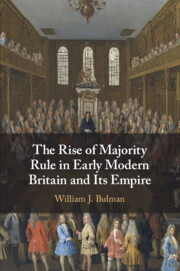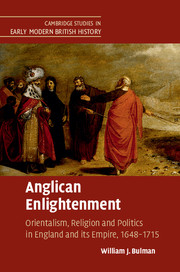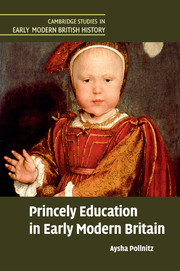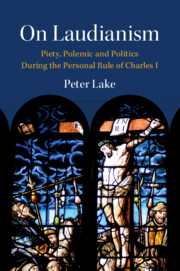The Rise of Majority Rule in Early Modern Britain and Its Empire
This expansive history of the origins of majority rule in modern representative government charts the emergence of majority voting as a global standard for decision-making in popular assemblies. Majority votes had, of course, been held prior to 1642, but not since antiquity had they been held with any frequency by a popular assembly with responsibility for the fate of a nation. The crucial moment in the global triumph of majority rule was its embrace by the elected assemblies of early modern Britain and its empire. William J. Bulman analyzes its sudden appearance in the English House of Commons and its adoption by the elected assemblies of Britain's Atlantic colonies in the age of the English, Glorious, and American Revolutions. These events made it overwhelmingly likely that the United Kingdom, the United States, and their former dependencies would become and remain fundamentally majoritarian polities. Providing an insightful commentary on the state of democratic governance today, this study sheds light on the nature, promise, and perils of majority rule.
- Explains the emergence of majority decision-making in the elected assemblies of early modern Britain and its Atlantic colonies over two centuries
- Offers a long-range, expansive understanding of the role of majority rule in modern elected, representative government, in particular in Britain and the United States
- Offers an alternative to exclusively intellectual or cultural explanations for political transformation by highlighting institutions, practices, and structures
Reviews & endorsements
'Finally, a history of majority voting! The advent and development of this crucial yet odd feature of modern democracy has long gone unexamined. In this erudite and methodologically sophisticated study, William Bulman fully remedies this situation. The result is a must-read for historians and political scientists alike.' Sophia Rosenfeld, University of Pennsylvania
'With analytical precision, Bulman contextualises the origins of majoritarian processes, and makes a powerful case for grounding political history in the development of institutional practices. The result is a brilliant and powerful book, which is conceptually sophisticated and methodologically innovative, and which develops a taut, challenging and historiographically important argument.' Jason Peacey, University College London
'This provocative study will interest historians and modern political observers alike, forcing us to rethink what we thought we already knew. Bulman renders puzzling and historicizable what has seemed obvious eternal truth - that majority voting is the inevitable way that political bodies make decisions.' Rachel Weil, Cornell University
William Bulman's book can offer … a great place to start thinking about how majority rule originated. Bulman has written an intellectually formidable and smartly argued book that every American political scholar can read profitably as we reflect on the current crisis of majority rule in the Republic.' Jack N. Rakove, Reviews in American History
'William J. Bulman's ambitious and extraordinarily successful monograph … will both enlighten the specific scholarly audience to which it is directed and delight the larger community of historians who admire work that does not cut corners or simplify developments to achieve a wider audience.' Jack P. Greene, The American Historical Review
'Bulmans book gives very welcome attention to the history of institutions and mundane political practice. The diligence and depth of the research he has undertaken on 16th- and 17th-century parliamentary practice is extremely impressive, and it will encourage a more creative understanding of the interaction of parliamentary forms and political outcomes.' Paul Seaward, Parliamentary History
'[A] superb piece of work, an intellectual triumph, that firmly places the practice of politics and institutions back where they belong, at the forefront of historical debate. … Bulman has crafted a book that will become compulsory reading for everyone interested in the field and how legislature politics operates, then and now.' Chris R. Kyle, Journal of British Studies
Product details
February 2023Paperback
9781108829205
293 pages
225 × 150 × 15 mm
0.43kg
Available
Table of Contents
- 1. Introduction
- 2. Consensus in the Commons, 1547–1642
- 3. Consensus imperiled, 1640–1641
- 4. Consensus destroyed, 1641–1643
- 5. Revolutionary decisions, 1643–1660
- 6. The majority institutionalized, 1660–1800
- 7. Little parliaments in the Atlantic Colonies, 1613–1789
- 8. Conclusion.







